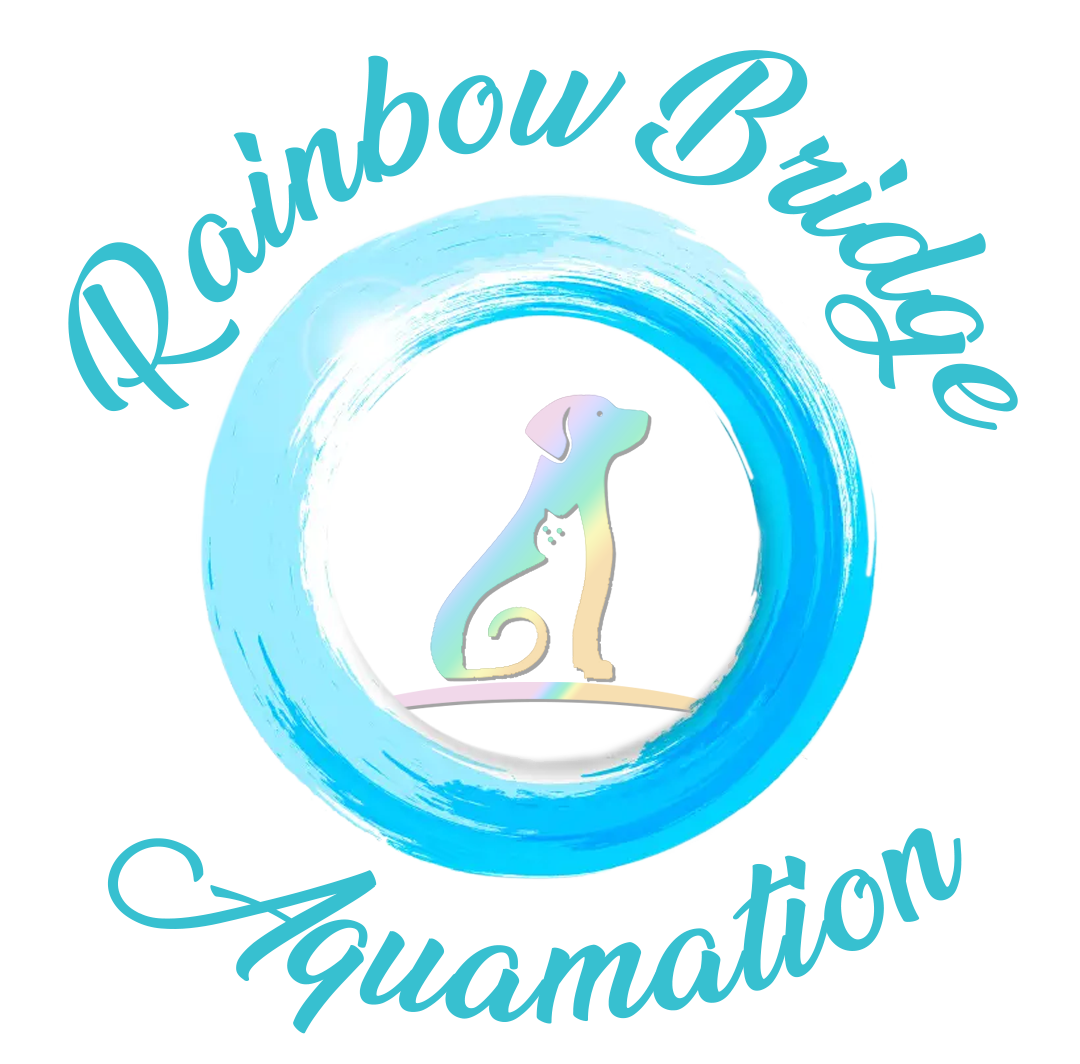Eco Friendly Pet Aftercare.
Pet Quality of Life Assessment Guide

Assessing your pet's quality of life is crucial to ensure they are happy, comfortable, and healthy. This guide will help you monitor key factors to determine if your pet’s needs are being met and if their overall well-being is satisfactory.
Physical Health
- Weight: Is your pet maintaining a healthy weight? Sudden weight loss or gain can signal health issues.
- Mobility: Can your pet move around easily? Observe any signs of stiffness, limping, or reduced activity.
- Appetite: Has there been any significant change in your pet’s eating habits? Reduced appetite or excessive thirst may indicate a problem.
- Grooming: Is your pet able to groom themselves? Excessive shedding, dull fur, or an inability to clean themselves could be warning signs.
Comfort
- Pain: Does your pet show signs of pain (whining, limping, reluctance to move)? Monitor their reaction to being touched or their resting positions.
- Sleep Quality: Is your pet sleeping well? Difficulty sleeping, restlessness, or constant movement can indicate discomfort.
- Breathing: Is your pet breathing normally? Wheezing, coughing, or labored breathing should be addressed.
Mental & Emotional Well-being
- Interaction: Does your pet engage with family members, toys, or other pets? A lack of interest in play or interaction may signal stress or depression.
- Behavior Changes: Watch for signs of anxiety, fear, aggression, or withdrawal, which could indicate distress or discomfort.
- Routine Enjoyment: Does your pet still enjoy daily activities, such as walks, feeding time, or playtime? A loss of interest could be a sign of diminished quality of life.
Socialization
- Human Interaction: Is your pet interested in socializing with family or friends? Loneliness can affect their mental health.
- Other Pets: Observe their behavior around other animals. Are they still playful or showing avoidance or aggression?
Cognitive Function
- Awareness: Does your pet recognize familiar faces and surroundings? Cognitive decline may manifest as confusion, disorientation, or memory loss.
- Training Response: Does your pet still respond to commands or training routines? A lack of focus may indicate a cognitive issue.
Hygiene & Environment
- Living Conditions: Are their bedding, food area, and living space clean and comfortable? A safe, tidy environment is essential for their well-being.
- Potty Habits: Has there been a change in their bathroom routine (accidents, incontinence)? Irregularities in urination or defecation can point to health problems.
Pet Quality of Life Assessment Checklist
Use this checklist to monitor your pet’s health and happiness over time.
In this checklist:
1 means poor health, lower quality of life, or in pain
5 means a vibrant demeanor, thriving personality and no pain
| Category | Indicator | Rating (1-5) |
|---|---|---|
| Physical Health | Weight consistency, Mobility (walking, running), Appetite and eating habits, Grooming ability | |
| Comfort | Pain or discomfort level, Sleep quality, Breathing patterns | |
| Mental & Emotional Health | Interest in play and social interaction, Behavior changes (anxiety, aggression), Enjoyment of daily routine | |
| Congnitive Function | Awareness of surroundings, Response to commands | |
| Hygiene & Environment | Clean living space and environment, Potty habits (regularity, accidents) |
A pet’s quality of life should be monitored regularly. If you notice significant changes in any of these categories, it’s important to consult a veterinarian for further assessment and advice. By staying attentive, you can ensure your pet remains happy and healthy, enjoying the best possible quality of life.

Let us help you honor your Pet
Call us at 585-301-3069 or access our ecommerce solution.


